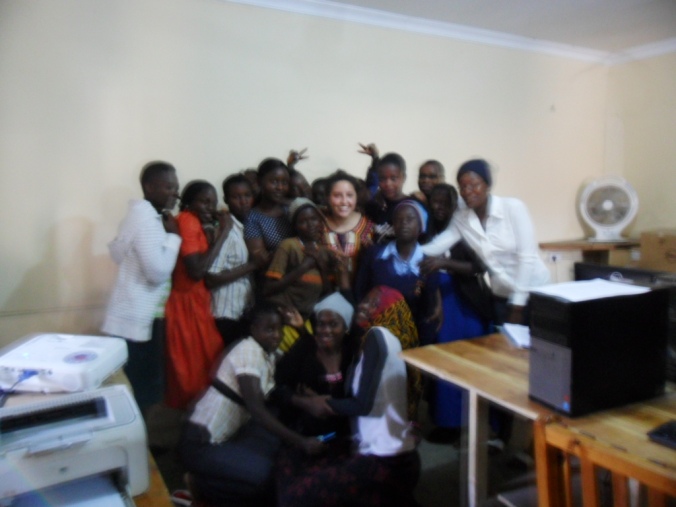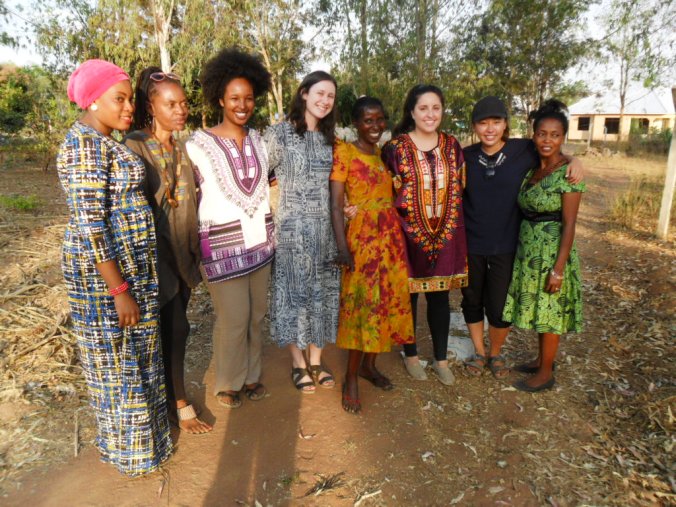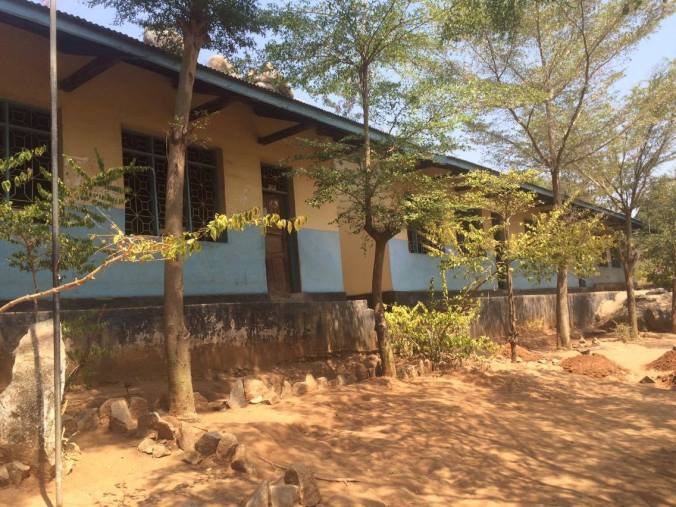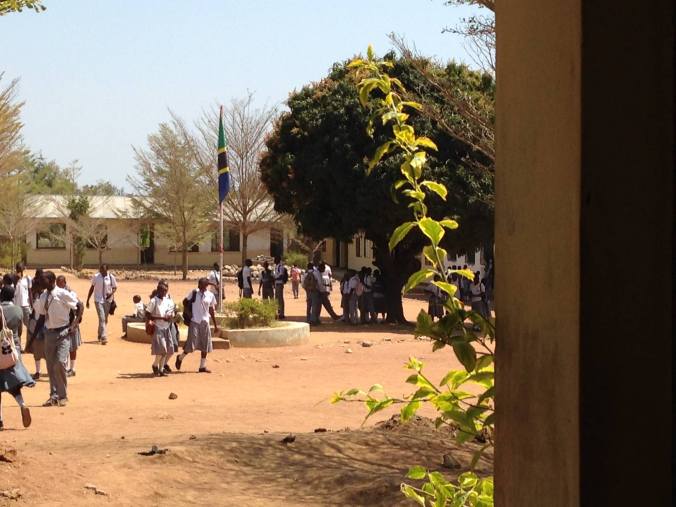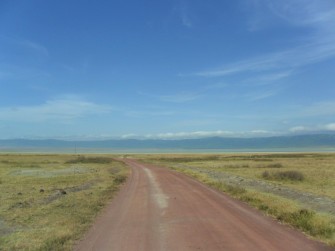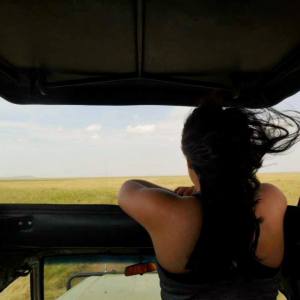These last few weeks have been quite the journey. From peeling potatoes at Jane’s house, buying souvenirs, planting trees, talking with adolescents, and finishing up the interviews, my last few days have been very memorable.
Now that I am approaching the end of my time here in Tanzania, some days I don’t feel like such an outsider. Of course, feeling like an outsider is inevitable- people will always stare at me when I walk down the street. But with the research I have done, and the people I have interacted with, I have been able to better understand a completely different way of living. One that isn’t so worried about efficiency, greed, and the future. But, rather a way of life that cherishes the moment, and appreciates God in all things. One that welcomes people so warmly, shares their belongings with open arms, and is willing to help you no matter how busy they are.
I was able to buy kangas and get them stitched, all with the level of swahili I have picked up. Unlike my first experience of buying kangas, where we had to go with some of the locals, it felt good to be able to do things myself. As I waited to get them stitched by a tailor, I sat down on the curb. I starred out at the busy streets, and just for a second, I felt invisible. Everyone was busy carrying out their daily work or chores. I saw people conversing with one another, selling fruits or peanuts, and displaying what objects they had to sell on the block of sidewalk they obtained. Since I was basically out of sight, I was able to marvel at my surroundings without being starred at. This was not something I imagined I would ever feel, considering I feel like a zebra amongst a herd of lions most days. Up until this moment, feeling invisible was a luxury I took for granted.
This week I carried out the last interviews with young adults who have dropped out of school. For them, education doesn’t come easy. Not finishing high school and securing a job isn’t a reality. They live in difficult circumstances, struggle to pay school fees and basic needs, and are left with limited opportunities once they drop out of school. Some don’t have parents, clean water, or electricity, and the majority, also have a child to care for. It was a pleasure talking with them and hearing their perspectives. I will never forget my experience at EBLI.
Tomorrow we head out to Dar es Salaam, and head to Zanzibar for a few days before heading back to Canada. Nita cucumuka Tanzania! (I will miss you)
